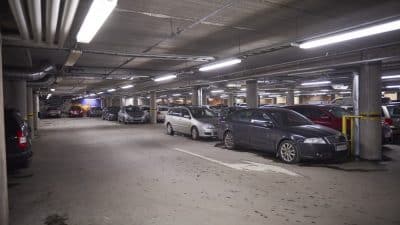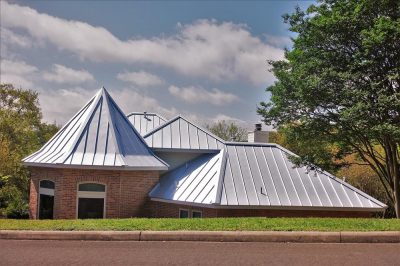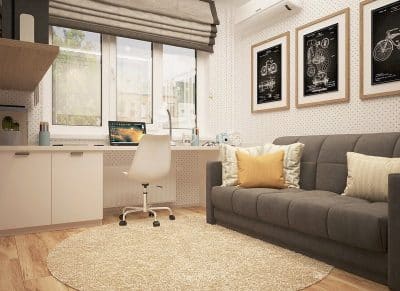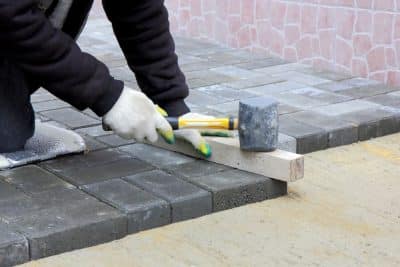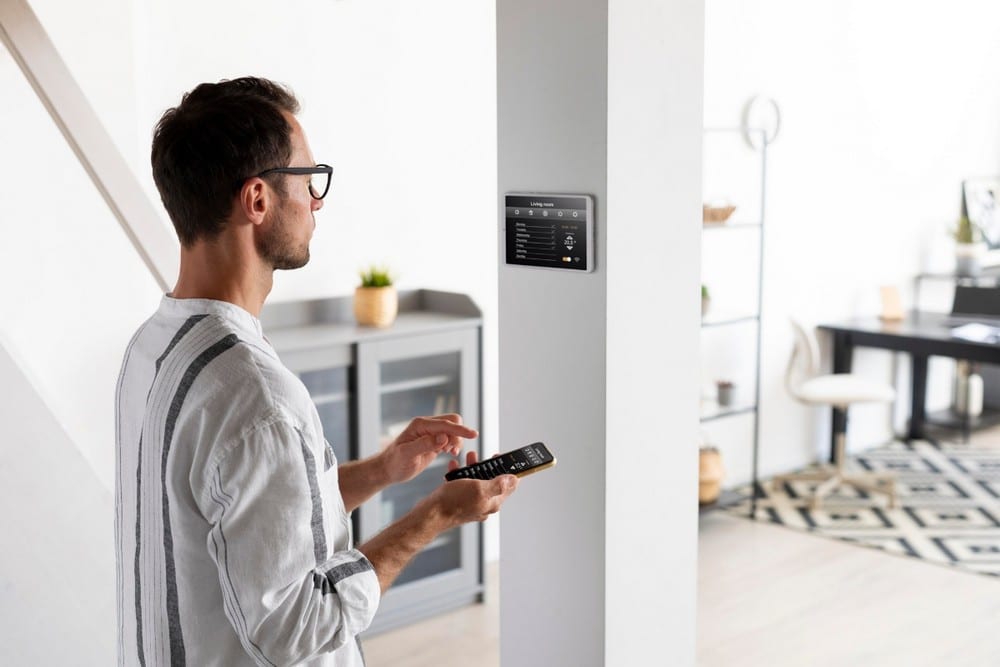
Smart homes are rapidly becoming an essential part of modern housing, transforming how we live with technology. According to Statista, the revenue in the smart home market in the United States is projected to reach US$38.8 billion in 2024, and household penetration is expected to hit 98.7% by 2029.
Homeowners can experience unprecedented control and customization by integrating smart home systems, which automate and connect everything from lighting to security. As more modern homes adopt these systems, the future of living is becoming increasingly seamless and connected, promising a lifestyle where comfort complements efficiency.
What Makes a Home ‘Smart’?
A smart home is equipped with an array of interconnected devices that can be automated or controlled remotely to simplify daily tasks. These smart home systems generally include features like automated lighting, smart thermostats, voice-activated assistants, and security cameras. So you can dim your lights, adjust the temperature, or lock your doors with a single command from your smartphone or using voice control.
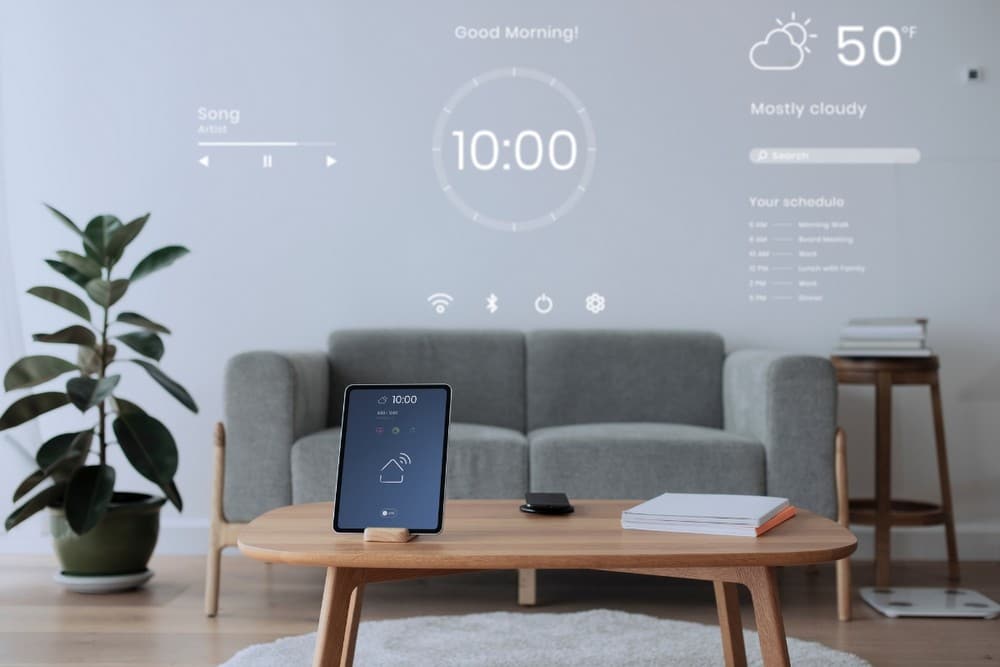
The true beauty of these systems lies in their integration that allows different devices to work seamlessly together. This gives homeowners greater convenience, saves energy, and provides added security. Imagine waking up to blinds that open automatically and a coffee maker that starts brewing — all thanks to home automation.
Why Are Smart Homes Popular in Modern Housing?
Smart homes are becoming the preferred choice in modern housing because they offer unparalleled ease, improved safety, and better energy conservation. This sort of automation allows homeowners to do everything from remotely locking or unlocking their doors and turning off appliances when not in use, to virtually pre-heating an oven or playing music in different rooms.
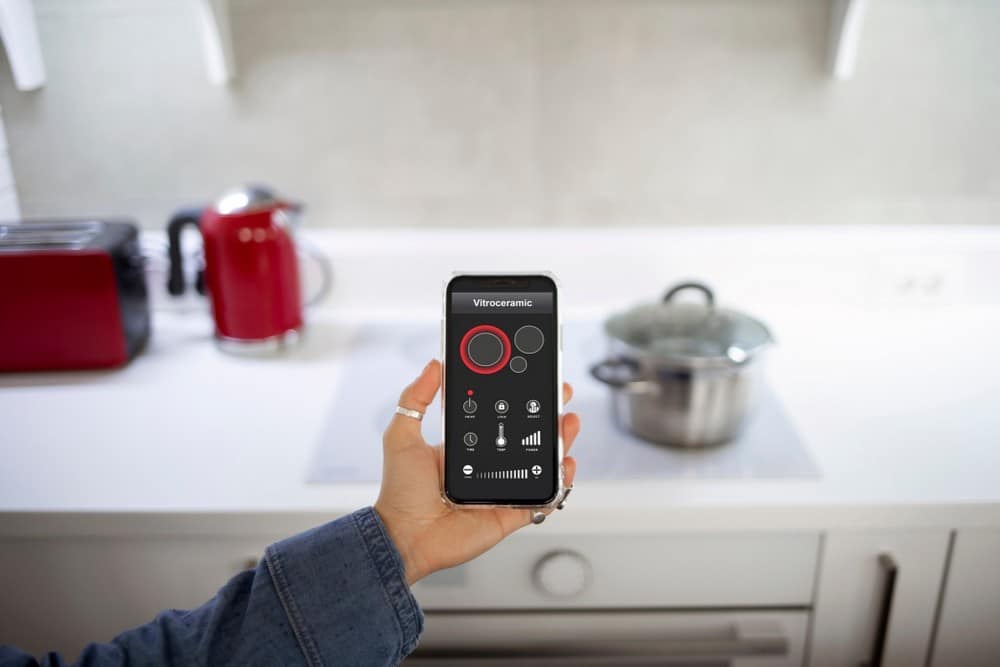
In terms of protection, smart security systems – along with cameras and motion detectors – help safeguard your home and provide peace of mind, especially when you’re away at work or on vacation. Energy-saving technology, such as smart lighting and power management, helps lower utility costs and reduces environmental impact.
How Do Smart Home Systems Promote Energy Efficiency?
Tech-enabled home setups are designed to promote energy conservation by optimizing how and when energy is used. They do this by managing energy consumption intelligently, thereby lowering utility bills and contributing to a more sustainable and eco-friendly lifestyle.
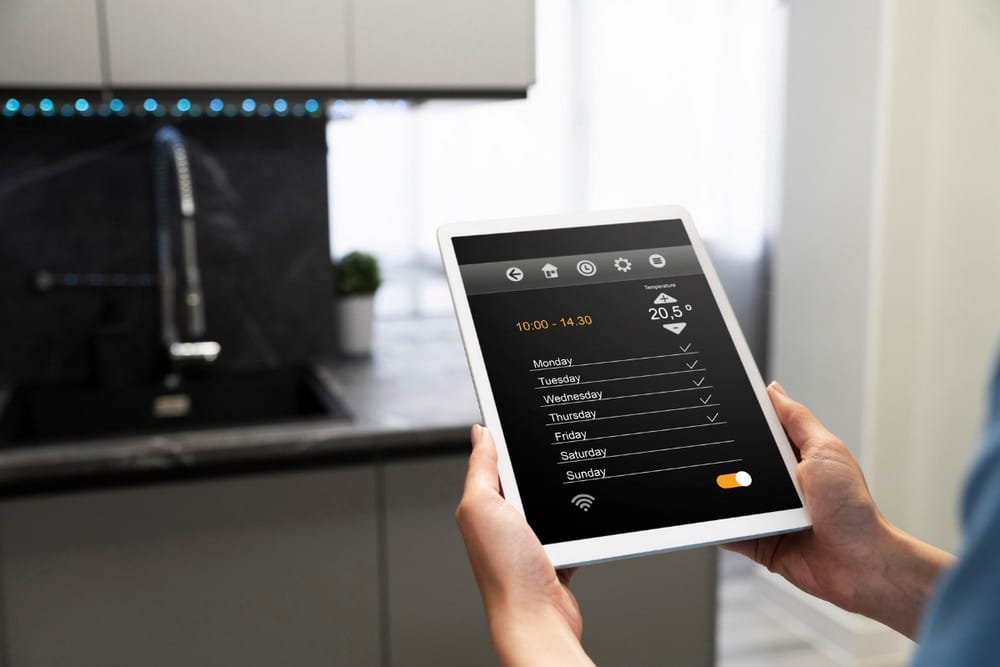
Smart thermostats, for instance, learn your routine and adjust heating and cooling settings to ensure comfort while minimizing energy waste. Automated lighting systems use motion sensors to turn off lights in unoccupied rooms or follow schedules to boost efficiency. In addition, smart appliances can be programmed to operate during off-peak hours, which can reduce strain on the power grid and save money.
Can Smart Homes Improve Safety?
Yes, smart homes greatly improve safety through advanced security measures and real-time monitoring so that your house is protected against possible intruders and environmental dangers at all times. For starters, surveillance features like automated cameras and motion detectors can instantly alert homeowners to suspicious activities, even when they are not at home. Additionally, smart locks and access control systems allow you to remotely oversee who can enter your residence.
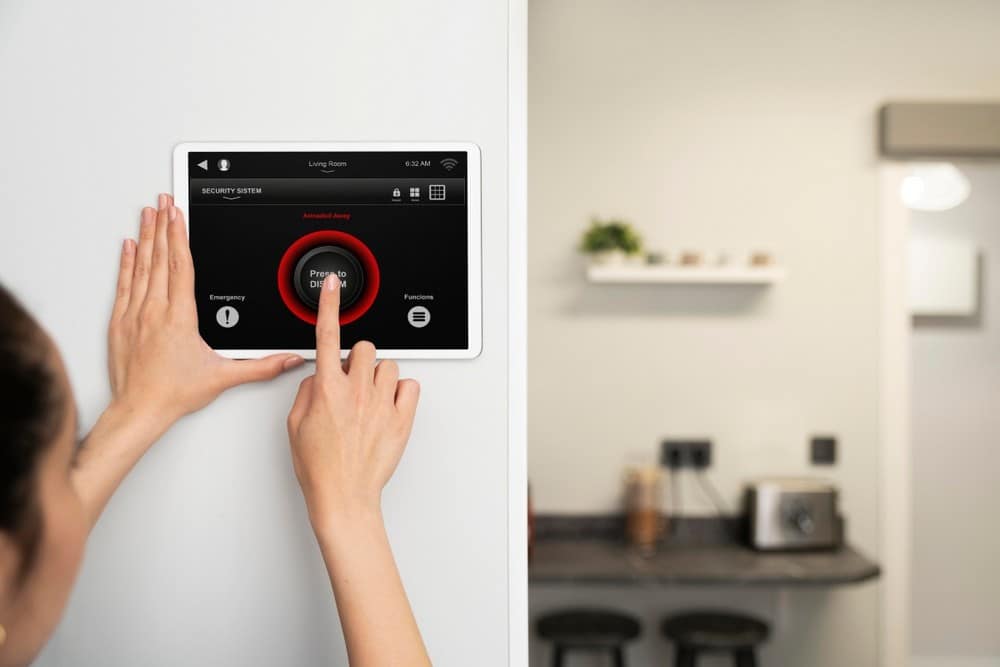
Smart alarms and sensors provide an extra layer of protection by sending notifications about potential threats, such as fire or gas leaks, straight to your smartphone. Some networks even include flood detection sensors that can help prevent water damage by sending you notifications about leaks early.
What Are the Entertainment Benefits of a Smart Home?
Looking to make your leisure time more enjoyable and convenient? Intelligent homes offer a host of entertainment perks to allow you to relax during your downtime. Home theater systems, for example, can be fully integrated, so you can control everything from your TV to surround sound speakers with a simple voice command or smartphone app.
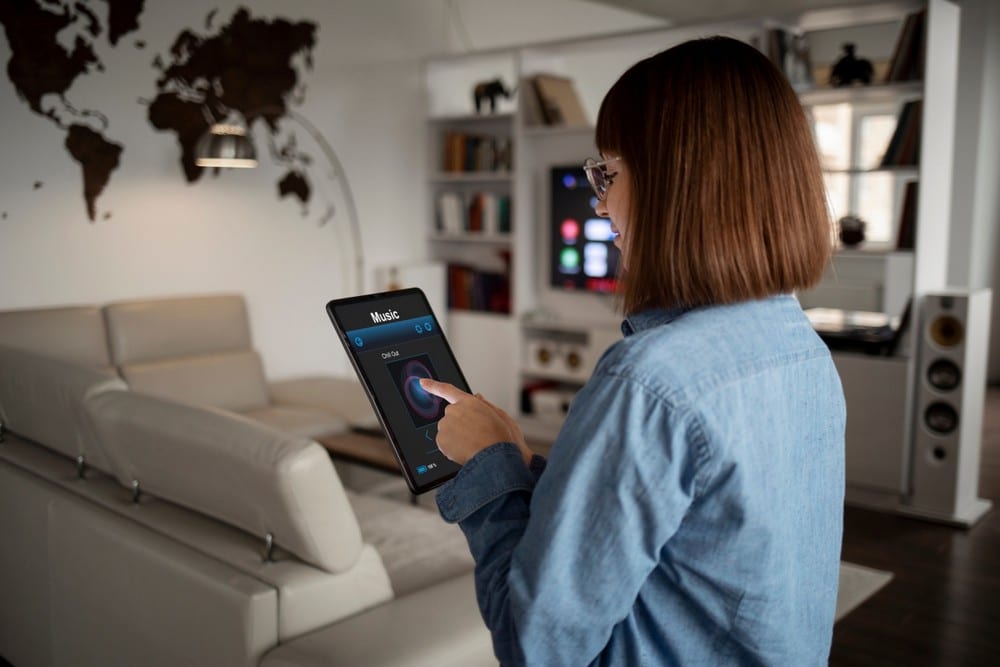
Voice-controlled assistants like Amazon Alexa or Google Assistant can quickly play your favorite music, podcasts, or even set the perfect lighting for a movie night. You can also create personalized experiences so that your future-ready home adjusts room settings, like dimming the lights and closing the blinds, to deliver a fully immersive entertainment atmosphere.
How Do Smart Homes Adapt to Personal Needs?
Digital homes use personalization features to allow users to adjust settings like lighting, temperature, and music to suit their moods or daily routines. Voice-controlled configurations and automated devices provide greater independence for individuals with limited mobility by simplifying tasks such as opening doors or controlling appliances.
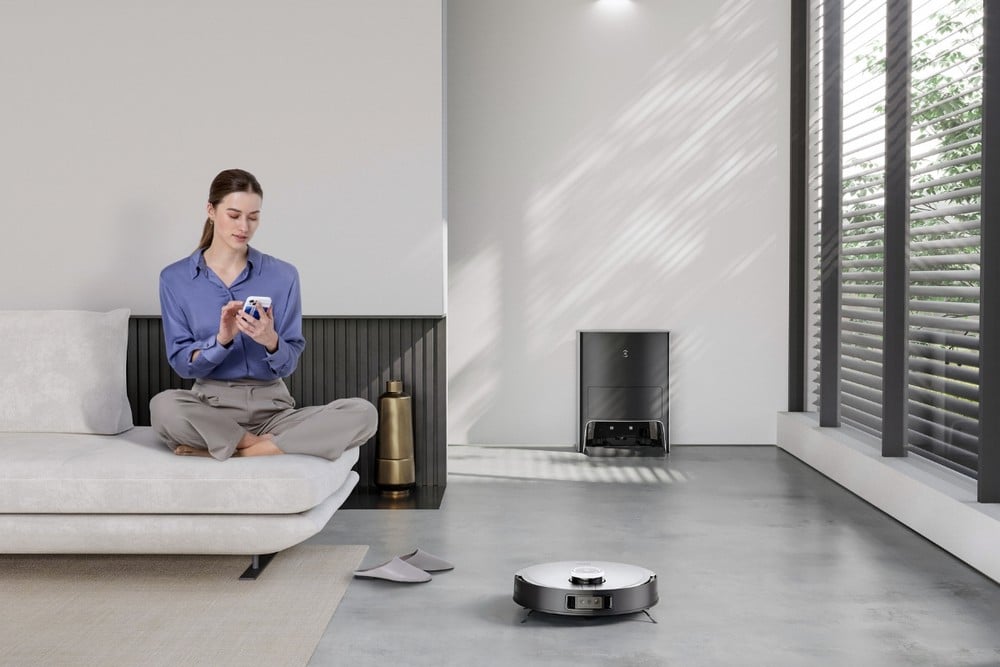
In addition, high-tech home arrangements can monitor indoor air quality and humidity levels, contributing to a healthier living environment. “Integrating devices like robot vacuums further enhances personalization, as these devices seamlessly integrate with smart home systems, enabling cleaning schedules that align with your daily routines and preferences, says a spokesperson from ECOVACS, a manufacturer of robot vacuums with mops.
Smart home technology continues to transform modern living, offering tailored solutions that simplify daily routines, optimize security, and promote energy efficiency. From automated entertainment settings to customized cleaning schedules, these innovations make life more convenient and enjoyable. As smart homes evolve, the future promises even greater integration and benefits, encouraging homeowners to embrace a smarter, more connected lifestyle.


